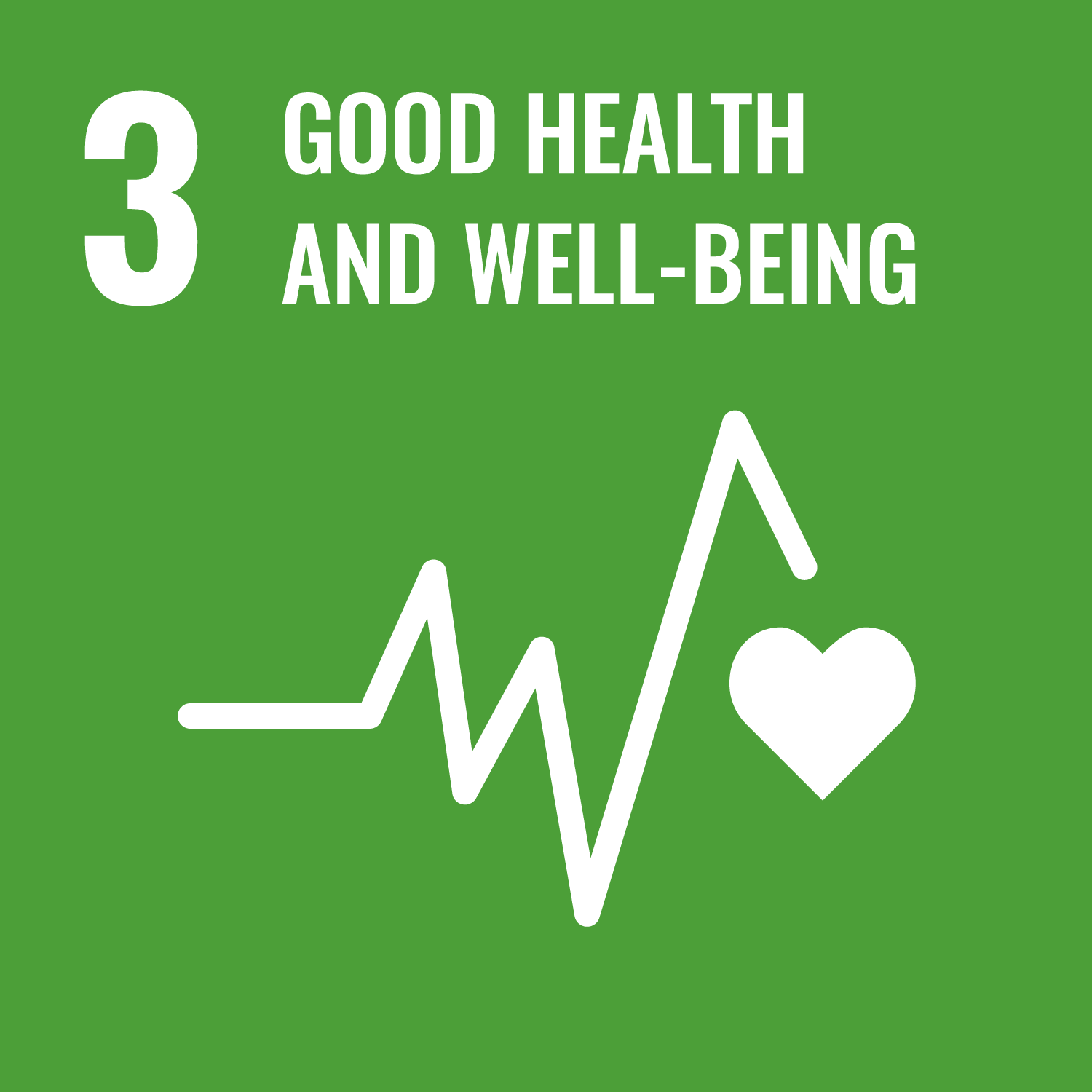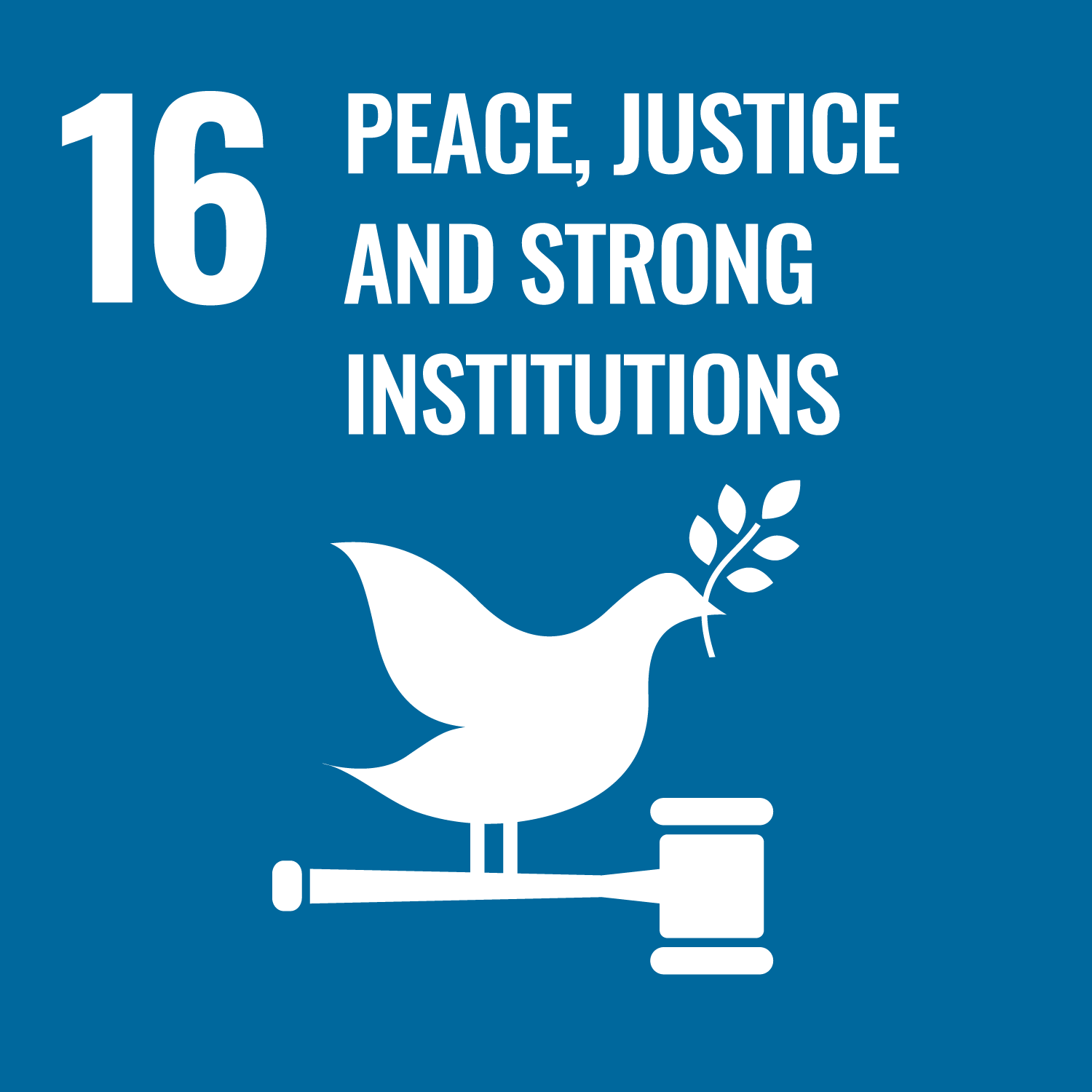This report begins by contextualising emerging movements in LGBTQI+ advocacy in the Western Balkans within the region’s post-war recovery and transformations, particularly the political and economic reforms that are shaped by each country’s bid for European Union (EU) membership. In line with EU membership policies, the four countries of concern in this report, Albania, Kosovo, Bosnia and Herzegovina (BiH), and Serbia, have all adopted varying degrees of anti-discrimination laws based on sexual orientation. However, these do not comprehensively address ongoing discriminatory practices against LGBTQI+ people, who continue to be marginalised in both public and private spheres.
The report has found that despite progressives laws based on sexual orientation and increased engagement with public officials on LGBTQI+ rights, public opinion is overwhelmingly homophobic in all four countries and gender identity is marginally included in protection and rights legislation and same-sex relationships remain illegal.
The high threat of violence and discrimination based on perceived sexual orientation in both the public and private spheres has forced many LGBTQI+ people to hide their identity to guarantee personal safety. Accurate reporting on rates of violence is, however, precarious as abuse is often un- or mis-reported. The poor economic status of these countries also makes self-identification as LGBTQI+ especially precarious, as refusal-to-hire and retaliatory firing can cause major financial instability where the unemployment rates run some of the highest in Europe. Access to quality, affordable and non-discriminatory health care is described as elusive in these countries, where human rights infringements and direct and indirect discrimination in medical practice are reported.
LGBTQI+ activism and CSOs have played an increasingly important role in engaging public officials, policy makers and the wider public towards less discriminatory attitudes by increasing LGBTQI+ visibility and awareness, conducting inclusivity training for law enforcement and health care workers, and offering safe spaces and peer support for marginalised individuals. The organisations have extended support to rural areas through the effective use of social media and critical collaborations across ethnic and cultural divisions in the region. Some critical drawbacks include a limited financial capacity and lack of staff time to properly coordinate capacity-building opportunities and professional development, as well as the regressive beliefs and commonplace homophobic attitudes.
The report ends with key recommendations for CSOs, policymakers, and funders in moving towards a more inclusive LGBTQI+ environment, that encourage promotion of LGBTQI+ legal protection, and collaboration with existing and emerging organisations, policymakers, and civil society to raise awareness and inclusion of LGBTQI+ rights in both public and private-sphere practices.








